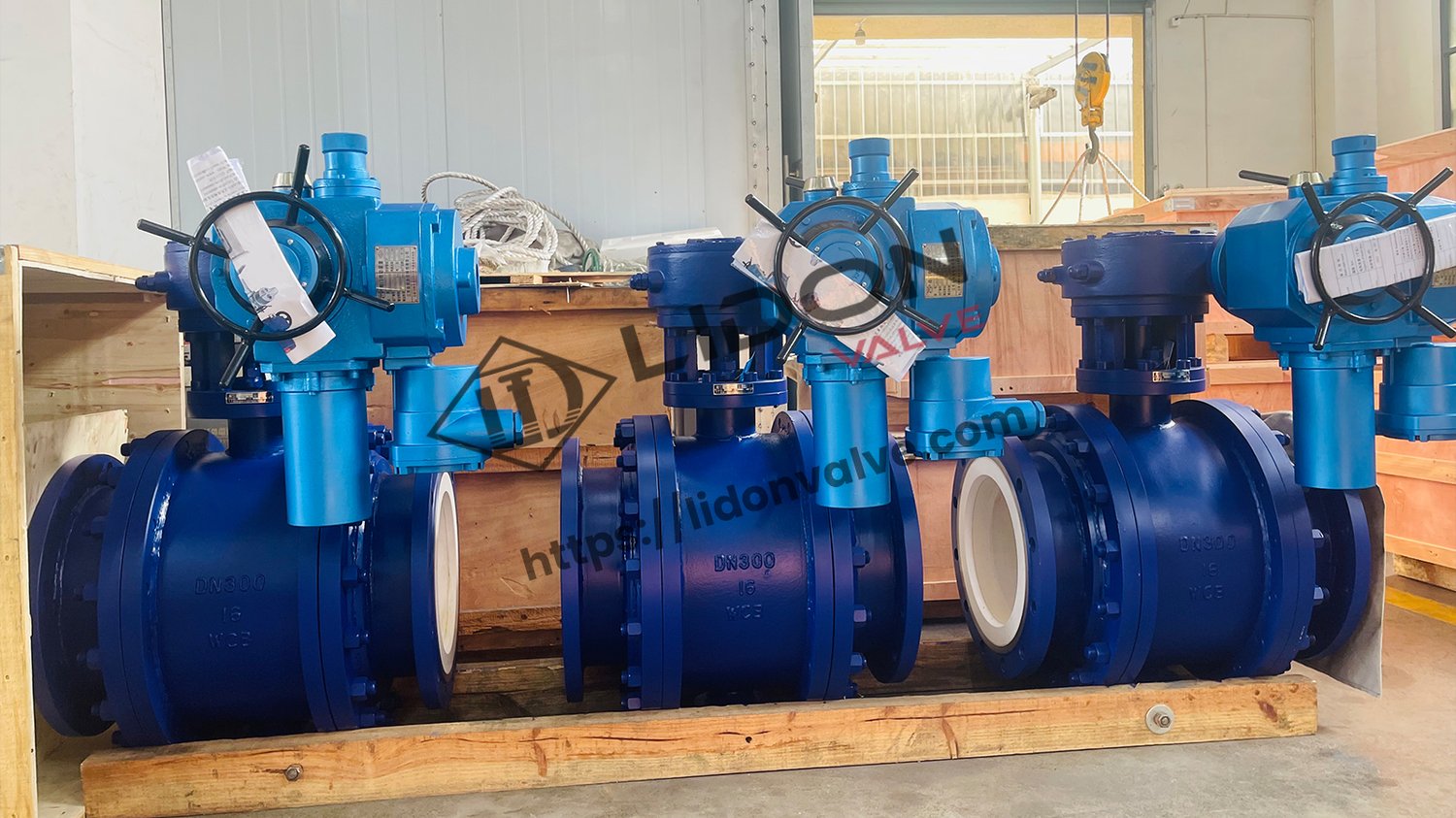Introduction
ceramic lined ball valves are a crucial component in various industries, offering enhanced performance and durability. In this comprehensive guide, we will explore the numerous advantages of using ceramic lined ball valves, from their superior corrosion resistance to their ability to handle high temperatures and abrasive materials. Whether you are a professional in the field or simply interested in learning more, this article will provide valuable insights into the world of ceramic lined ball valves.
1. Corrosion Resistance
Ceramic lined ball valves are specifically designed to combat corrosion. The ceramic lining acts as a protective barrier, preventing contact between corrosive media and the underlying metal components. This resistance to corrosion makes ceramic lined ball valves an excellent choice for applications involving acids, alkalis, and other corrosive substances.
2. Abrasion Resistance of Ceramic Lined Ball Valves
Another key advantage of ceramic lined ball valves is their exceptional resistance to abrasion. The hard ceramic material used in the lining is highly resistant to wear and tear caused by abrasive media, such as slurries or particles. This makes ceramic lined ball valves ideal for industries where abrasive materials are present, such as mining, chemical processing, and wastewater treatment.
3. Temperature Resistance of Ceramic Lined Ball Valves
Ceramic lined ball valves can withstand extreme temperatures, making them suitable for both high and low temperature applications. The ceramic lining provides excellent thermal insulation, preventing heat transfer to the metal body of the valve. This allows ceramic lined ball valves to maintain their structural integrity and performance even in environments with fluctuating temperatures.
4. Chemical Compatibility of Ceramic Lined Ball Valves
Thanks to their corrosion resistance and inert nature, ceramic lined ball valves are highly chemically compatible. They can be used with a wide range of chemicals, including acids, bases, solvents, and even some aggressive substances. This versatility makes ceramic lined ball valves an indispensable tool in industries where chemical compatibility is crucial, such as the pharmaceutical and petrochemical sectors.
5. Reduced Maintenance of Ceramic Lined Ball Valves
Due to their superior resistance to corrosion and abrasion, ceramic lined ball valves require less maintenance compared to traditional metal valves. The ceramic lining significantly prolongs the lifespan of the valve, reducing the need for frequent replacements or repairs. This not only saves time and money but also minimizes downtime and ensures continuous operation.
6. Improved Flow Characteristics
Ceramic lined ball valves offer excellent flow characteristics, ensuring efficient and reliable fluid control. The smooth and hard ceramic lining minimizes friction and turbulence, allowing for a consistent and unrestricted flow of liquids or gases. This translates into lower pressure drops, reduced energy consumption, and improved overall system performance.
7. Leak Tightness of Ceramic Lined Ball Valves
The precise machining and tight tolerances of ceramic lined ball valves ensure excellent sealing capabilities. The ceramic lining provides a tight and reliable seal, preventing leakage and minimizing the risk of environmental contamination. This is particularly important in industries where leakage can have severe consequences, such as oil and gas, chemical manufacturing, and water treatment.
8. Versatility in Design of Ceramic Lined Ball Valves
Ceramic lined ball valves are available in a wide range of designs and configurations to suit various applications and requirements. They can be found in both floating and trunnion-mounted designs, with options for full or reduced bore. Additionally, ceramic lined ball valves can be customized with different actuation methods, such as manual, electric, or pneumatic, offering flexibility in system integration.
9. Longevity and Cost-Effectiveness
Investing in ceramic lined ball valves can result in long-term cost savings. Their durability and resistance to corrosion and abrasion ensure a longer lifespan compared to traditional valves. This reduces the frequency of replacements and maintenance, ultimately lowering operational costs. Additionally, the improved flow characteristics and energy efficiency of ceramic lined ball valves contribute to further cost savings over time.
10. Environmental Benefits
Ceramic lined ball valves offer environmental benefits due to their leak-tightness and reduced maintenance requirements. By minimizing leakage and preventing spills, these valves help protect the environment and maintain the integrity of surrounding ecosystems. Furthermore, the extended lifespan and efficiency of ceramic lined ball valves contribute to sustainable resource usage and reduced waste generation.

